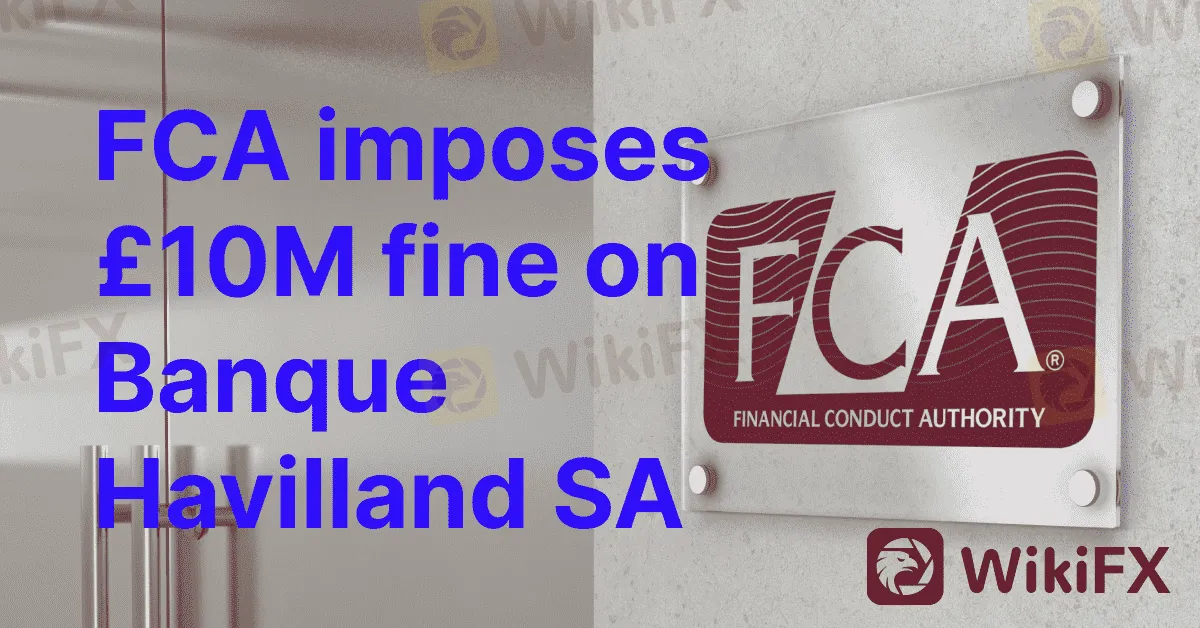Abstract:The Financial Conduct Authority (FCA) has imposed a £10 million fine on Banque Havilland, along with penalties on its former London branch CEO, Edmund Rowland, former London branch senior manager, David Weller, and former London branch employee, Vladimir Bolelyy. Additionally, the FCA has banned all three individuals from working in the financial services industry.


(FCA)
The Financial Conduct Authority (FCA) has imposed a £10 million fine on Banque Havilland, along with penalties on its former London branch CEO, Edmund Rowland, former London branch senior manager, David Weller, and former London branch employee, Vladimir Bolelyy. Additionally, the FCA has banned all three individuals from working in the financial services industry.
According to the FCA, between September and November 2017, Banque Havilland acted without integrity by producing and circulating a document containing manipulative trading strategies aimed at creating a false or misleading impression of the market or price of Qatari bonds. The objective was to devalue the Qatari Riyal and break its peg to the US Dollar, which would harm Qatar's economy. Banque Havilland intended to present the document to representatives of countries it believed may have reasons to put economic pressure on Qatar, including the United Arab Emirates, to market its services.
While the FCA has not found evidence that the strategies in the document were implemented, the manipulative trading could have been a criminal offense if it had occurred in the UK.
The FCA has determined that Mr. Edmund Rowland instructed Mr. Bolelyy to draft the document, with Mr. Weller making a significant contribution to its content. Later, Mr. Edmund Rowland and Mr. Bolelyy circulated the document, including providing a copy to a representative of an Abu Dhabi sovereign wealth fund.
The FCA has concluded that Mr. Edmund Rowland, Mr. Weller, and Mr. Bolelyy failed to act with integrity and are not fit and proper to perform any function related to any regulated activities.
The FCA finds the actions of Mr. Edmund Rowland and Mr. Weller to be particularly serious, as both held positions of significant influence and were involved in creating the document.
Therese Chambers, Executive Director of Enforcement and Market Oversight at the FCA, has said that Banque Havilland's conduct actively encouraged the commission of financial crime and that the misconduct of Mr. Edmund Rowland and Mr. Boleyy was deliberate. Additionally, Mr. Weller's behavior was reckless, as he willingly took the risk of impropriety without seeking any assurances that things would not progress further. Such conduct is entirely unacceptable, according to Chambers.











